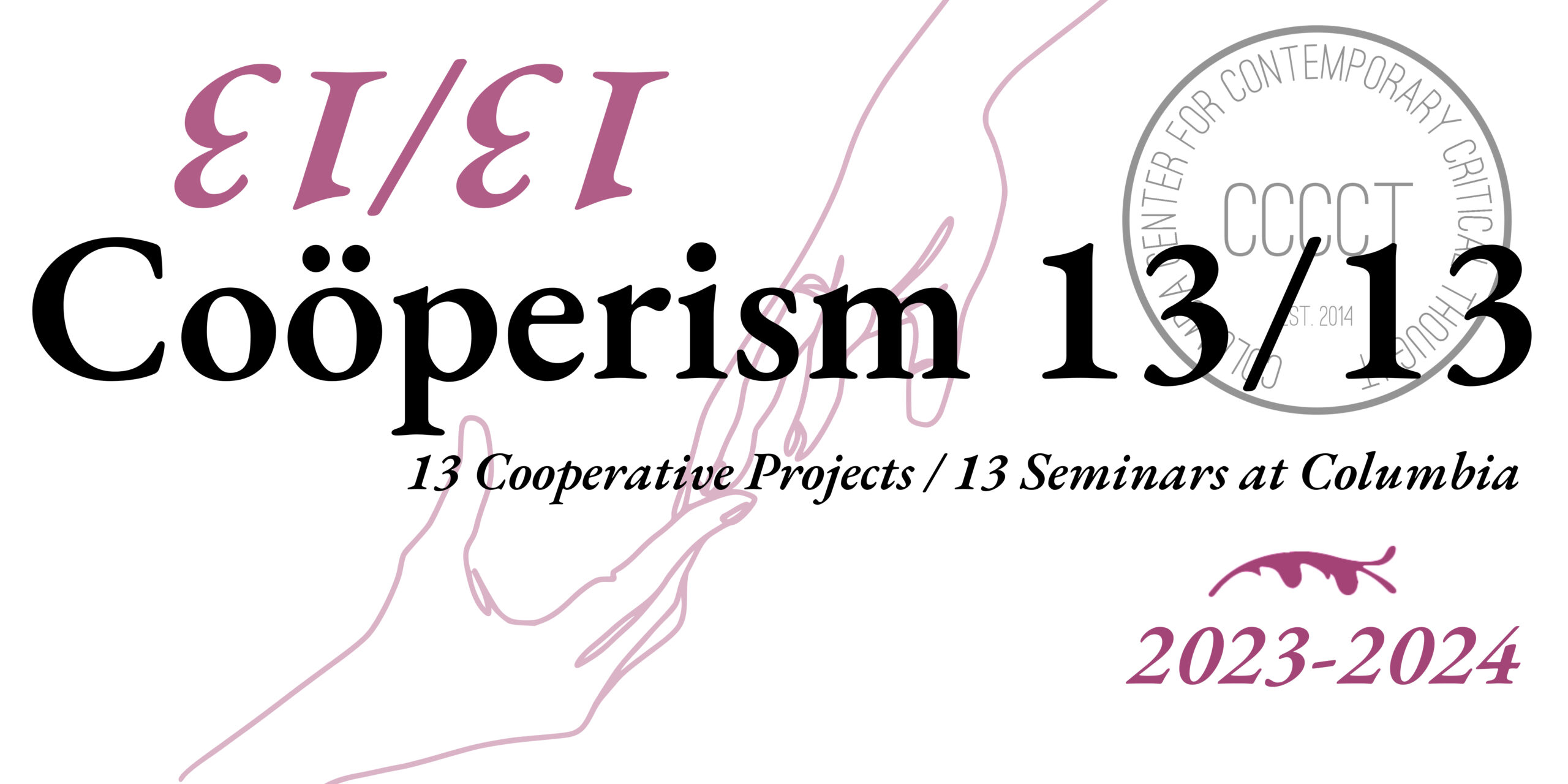Posts 7-13
Frieda Ekotto | Radical Solidarity in Simone Weil’s Work
Bernard E. Harcourt | Factory Work: Simone Weil & Immersive Philosophical Praxis
By Bernard E. Harcourt “I was able to realize a project that preoccupied me for several years now and that you, you must understand: to work in a factory.” — Simone Weil, Letter to Nicolas Lazarévitch (1935) Simone Weil pioneered… Continue Reading
549 Riverside Drive, New York, NY
As Benjamin Davis discusses in his book, Simone Weil’s Political Philosophy (Chapter 5, pp. 93-94), Simone Weil escaped to New York City in July 1942 from Marseilles, France, and lived in an apartment at 549 Riverside Drive in Morningside Heights. She… Continue Reading
Benjamin P. Davis | Why We Return to Simone Weil: The Question of War
By Benjamin P. Davis Simone Weil’s personal notebooks contained several references to the soldier and historian Thucydides, whom she returned to in 1939. It is from his History of the Peloponnesian War that we can start to gain a sense… Continue Reading
Bernard E. Harcourt | Introduction to Coöperism 7/13 on Simone Weil
By Bernard E. Harcourt “Simone Weil’s critical relationship to collectivity and unyielding criticism of social life in her oppressive context stems not from genius, saintliness, or illness but from the fact that she was a philosopher.” — Benjamin… Continue Reading
Introduction to Coöperism 13/13!
By Bernard E. Harcourt What are the most promising forms of cooperation that can be harnessed to build a more sustainable, equal, and just society? What can we learn from existing forms of cooperation—such as worker cooperatives, mutual aid, revolutionary… Continue Reading
